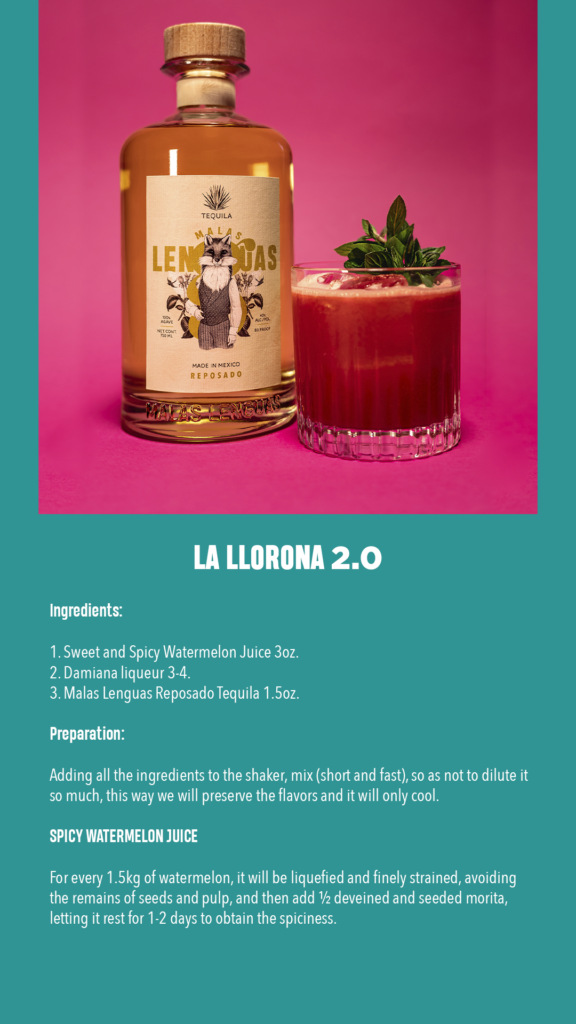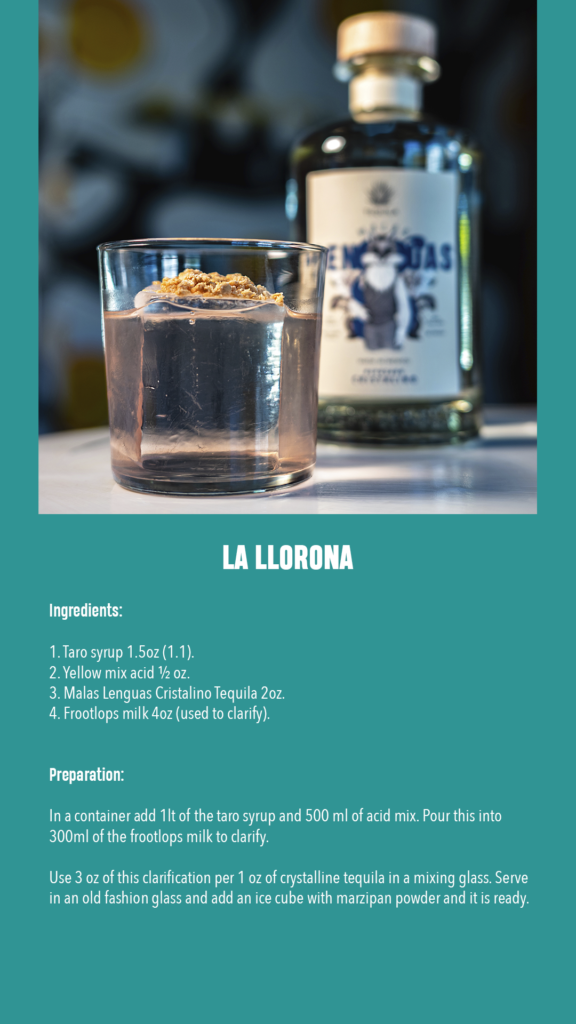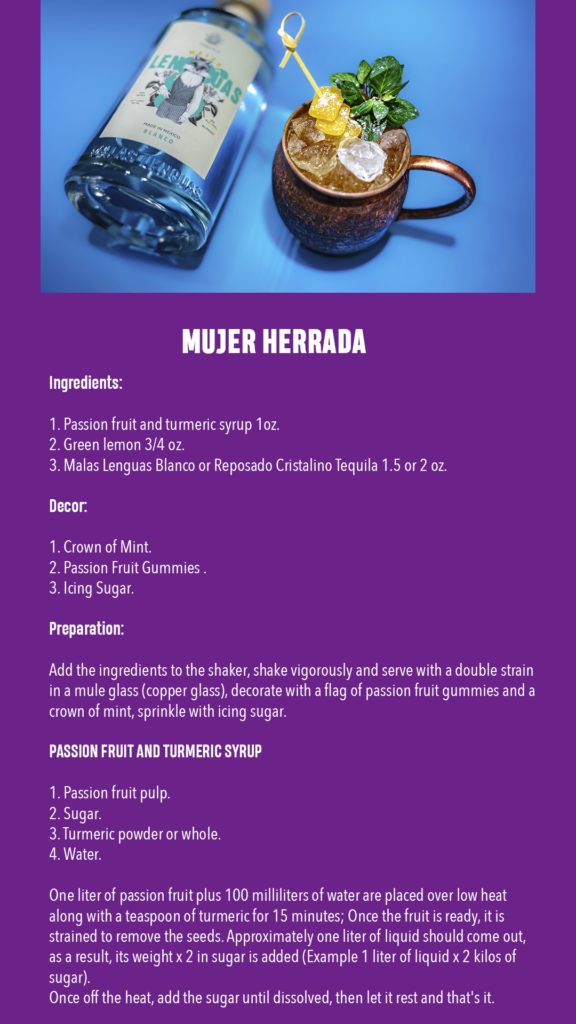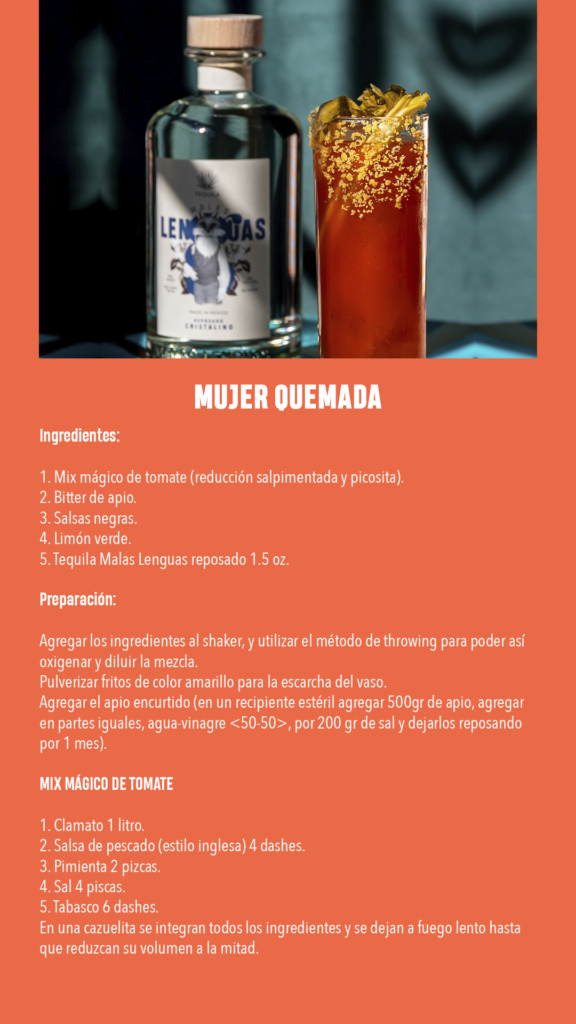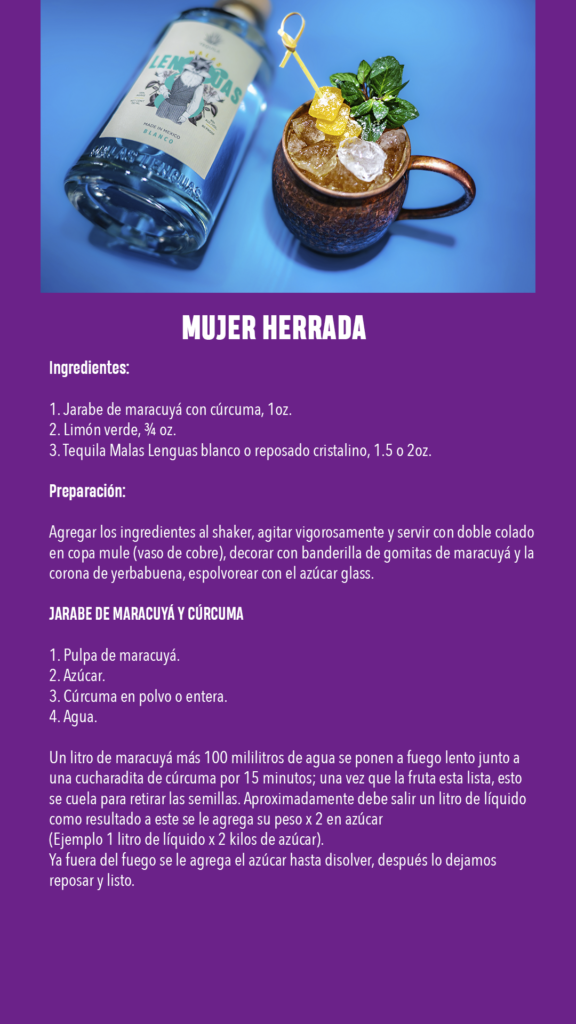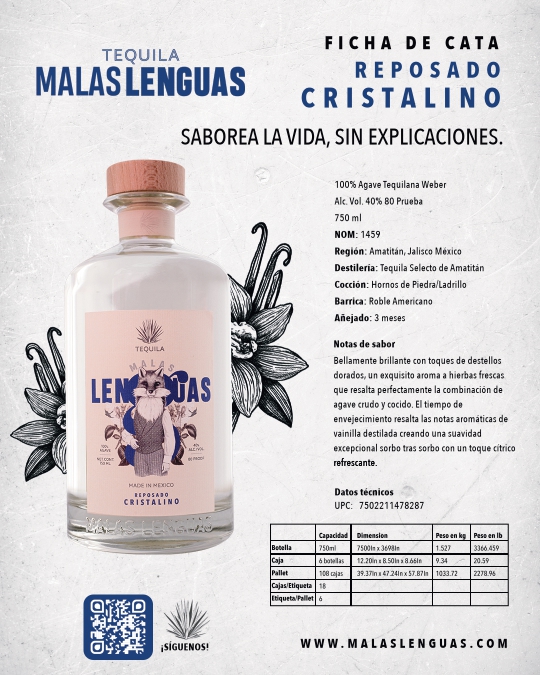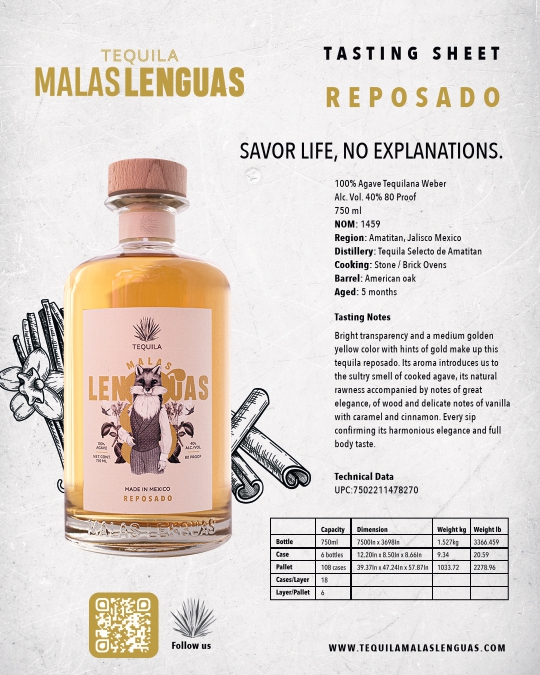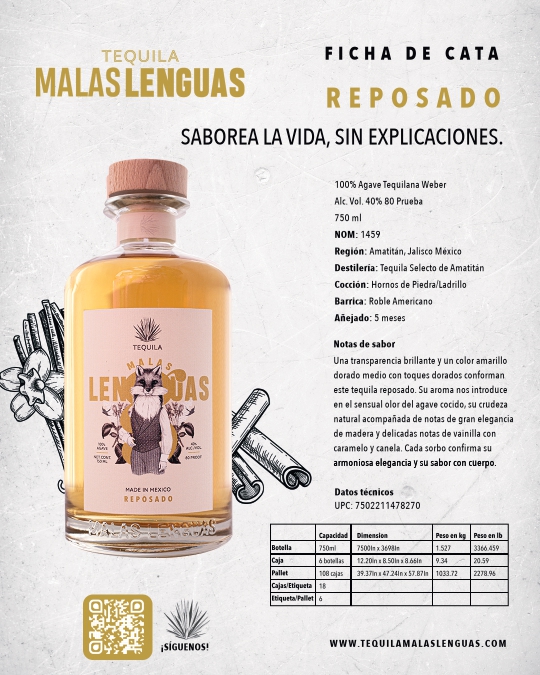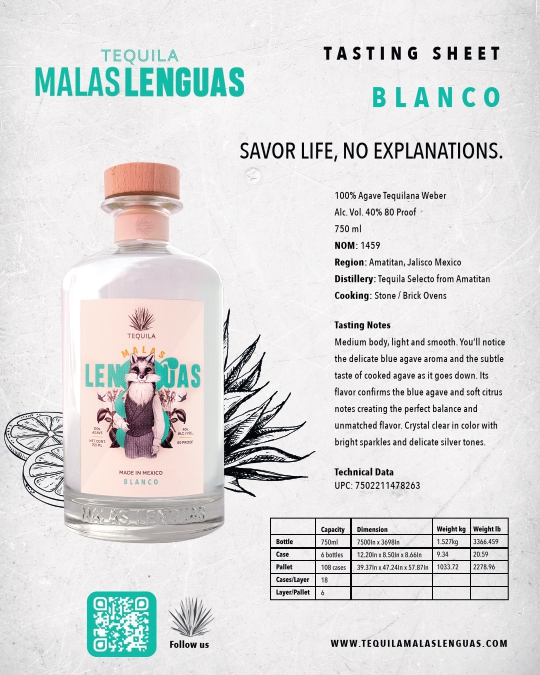Canada’s rapidly evolving gaming landscape is increasingly influencing how operators like Donbet develop and adapt their sportsbook and casino services. With a complex web of federal and provincial laws, understanding these regulations is crucial for delivering compliant, secure, and innovative gaming experiences to Canadian players. As the industry grows — projected to reach over CAD $5 billion in revenue by 2025 — staying ahead of regulatory requirements ensures operators can sustain growth while protecting both their business and their customers.
Table of Contents
- Decoding the 3-Step Licensing Process for Donbet in Canada
- How Provincial Licensing Differences Influence Donbet’s Game Portfolio
- Mastering AML Policies: Protecting Donbet and Its Canadian Users
- How Advertising Restrictions Shape Donbet’s Promotional Strategies
- Implementing PIPEDA Compliance for Donbet’s Customer Data Security
- Balancing Revenue Share and Tax Compliance: Donbet’s Canadian Approach
- Enforcing Responsible Gambling Rules: Donbet’s Compliance with Canadian Policies
- Leveraging Geo-Blocking and Security Protocols to Meet Canadian Regulations
- Forecasting New Canadian Gaming Laws: Preparing Donbet for Regulatory Shifts
Decoding the 3-Step Licensing Process for Donbet in Canada
Canadian gaming regulations require operators to navigate a multi-layered licensing framework, primarily managed at the provincial level. For a platform like don, entering the Canadian market involves a structured three-step process:
- Preliminary Application and Background Checks: Donbet must submit detailed documentation, including financial stability proof, anti-money laundering (AML) policies, and technical standards compliance. This process generally takes 2-4 weeks, with 96% of applications approved after thorough review.
- Provincial License Acquisition: Each province, such as Ontario or Quebec, issues its own license. Ontario’s Alcohol and Gaming Commission (AGCO) mandates strict technical standards, requiring platforms to pass independent audits demonstrating game fairness (e.g., 95%+ RTP for slot machines). Quebec’s regulatory body emphasizes responsible gambling measures and customer data security.
- Ongoing Compliance and Reporting: Post-licensing, Donbet must adhere to provincial reporting obligations, including transaction audits, AML monitoring, and responsible gaming metrics. This process is continuous, with regular reports submitted within 24 hours of request, ensuring transparency and compliance.
This multi-step process ensures that operators maintain integrity, security, and fairness, fostering trust among Canadian players while aligning with national standards.
How Provincial Licensing Differences Influence Donbet’s Game Portfolio
Canada’s decentralized licensing system means that each province can set unique rules regarding permissible games, bonus offers, and operational requirements. For example, Ontario’s regulatory body permits a broad selection of online casino games, including live dealer options, with minimum payout percentages of 95%, aligning with industry standards. Conversely, Alberta’s regulations are more restrictive, limiting certain types of slots and offering a maximum bonus of 40%.
To illustrate these differences, consider the following comparison:
| Feature | Ontario | Alberta | Best For |
|---|---|---|---|
| Game Selection | Over 200 titles, including live dealer and progressive jackpots | Limited to 100+ titles, mainly slots and table games | Players seeking variety and live options |
| Bonus Offers | Up to 100% matched deposit, with 35x wagering requirements | 40% bonus, with 50x wagering | Players prioritizing bonus value over wagering multiplers |
| Payment Methods | Supports e-wallets, credit/debit, and Interac | Limited to bank transfers and Interac | Players valuing flexible banking options |
Donbet must tailor its game offerings according to local regulations. For instance, in Ontario, it can include high RTP games like “Book of Dead” (96.21%) and “Starburst” (96.09%), while in Alberta, it might restrict certain high-volatility slots to comply with provincial rules. This approach ensures legal compliance while maintaining a competitive portfolio.
Mastering AML Policies: Protecting Donbet and Its Canadian Users
Canada’s AML framework is robust, requiring operators to implement comprehensive measures to detect and prevent money laundering and terrorist financing. The Financial Transactions and Reports Analysis Centre of Canada (FINTRAC) mandates that online gambling platforms like Donbet report suspicious transactions exceeding CAD $10,000 within 15 days, with real-time monitoring systems capable of flagging unusual activity within 24 hours.
Key AML strategies include:
- Customer Due Diligence (CDD): Verifying identities through government-issued IDs, with 96% of users completing KYC within 24 hours.
- Transaction Monitoring: Using advanced analytics to track deposit and withdrawal patterns, with a focus on detecting rapid, high-volume activities such as multiple deposits of CAD $500 within an hour.
- Reporting Suspicious Activity: Submitting SARs (Suspicious Activity Reports) to FINTRAC promptly, ensuring legal compliance and safeguarding the platform’s reputation.
A notable case involved a Canadian online casino operator that identified a pattern of players using VPNs to bypass geo-restrictions and engaged in money laundering schemes. Implementing machine learning-based AML tools led to a 40% increase in detection rates, exemplifying the importance of adapting AML policies to the evolving threat landscape.
How Advertising Restrictions Shape Donbet’s Promotional Strategies
Canadian regulations strictly control gambling advertising to prevent targeting minors and vulnerable populations. The Criminal Code and provincial statutes prohibit misleading claims, limit advertising hours, and restrict promotional tactics such as free bets or deposit bonuses to specific contexts.
For example, Ontario’s Alcohol and Gaming Commission (AGCO) enforces a 9 p.m. to 6 a.m. advertising ban, compelling Donbet to focus on responsible messaging during permitted hours. Additionally, promotional offers like a “$100 bonus” must include clear wagering requirements, such as 35x, and disclose the minimum deposit amount.
This regulatory environment influences Donbet’s marketing by:
- Prioritizing educational content on responsible gambling, with 65% of promotional material dedicated to awareness campaigns.
- Using targeted digital advertising within allowed hours and platforms, such as social media and local radio, avoiding prohibited media like television during late hours.
- Implementing strict compliance checks to ensure all marketing assets meet provincial standards, avoiding fines or license revocations.
In response, Donbet emphasizes transparent, responsible promotion aligned with Canadian laws, fostering trust and long-term customer engagement.
Implementing PIPEDA Compliance for Donbet’s Customer Data Security
Canada’s Personal Information Protection and Electronic Documents Act (PIPEDA) mandates that online operators protect personal data, including sensitive financial and identification information. Donbet’s platform incorporates multi-layered security protocols, such as end-to-end encryption, to safeguard user data.
Specific measures include:
- Data encryption during transmission using TLS 1.3, ensuring that personal details and transaction data remain confidential.
- Regular security audits conducted quarterly to identify vulnerabilities, with 98% of issues resolved within 7 days.
- Strict access controls limiting data access to authorized personnel only, with activity logs reviewed monthly to prevent insider threats.
Failure to comply with PIPEDA can result in fines up to CAD $100,000 per violation, emphasizing the importance of robust cybersecurity. For example, in 2022, a Canadian online casino faced penalties after a data breach exposed 50,000 user records. Donbet’s commitment to PIPEDA standards helps maintain player trust and regulatory approval.
Balancing Revenue Share and Tax Compliance: Donbet’s Canadian Approach
Canadian provinces levy taxes on gambling revenue, typically ranging from 10% to 20%. For instance, Ontario’s revenue-sharing model mandates operators pay 12% of their gross gaming revenue (GGR) to provincial funds, with 40% allocated for responsible gambling initiatives.
Donbet’s strategy includes:
- Implementing automated reporting systems to calculate and remit taxes accurately within 5-7 business days of each month’s end.
- Allocating a portion of revenue, approximately 5%, to local responsible gambling programs, aligning with provincial mandates.
- Maintaining detailed audit trails for all transactions, facilitating transparency and compliance during provincial audits.
This approach ensures Donbet remains compliant while supporting the sustainability of Canadian gaming initiatives.
Enforcing Responsible Gambling Rules: Donbet’s Compliance with Canadian Policies
Canadian authorities prioritize player protection through mandatory responsible gambling measures. Donbet integrates features such as deposit limits, session time restrictions, and self-exclusion options, mandated by provincial regulators.
For example, Ontario requires players to set deposit caps of CAD $500 per week, with real-time monitoring to enforce these limits. Donbet’s platform allows players to self-exclude for periods ranging from 6 months to lifetime, with 85% of users opting for 1-year exclusions during initial registration.
Furthermore, staff training is mandatory, with 100% of customer service agents completing responsible gaming certification within 30 days of employment. Adherence to these policies reduces problem gambling incidence, which industry data indicates accounts for less than 2% of total players in regulated markets.
Leveraging Geo-Blocking and Security Protocols to Meet Canadian Regulations
Geo-restriction technologies are vital for compliance, ensuring that only players within authorized provinces access Donbet’s offerings. High-precision IP detection and GPS verification are employed, with accuracy rates exceeding 99%.
For instance, Donbet uses real-time geo-fencing to prevent access from regions where online gambling is illegal or unlicensed, such as certain Indigenous territories. This is complemented by secure login protocols, including two-factor authentication (2FA), and intrusion detection systems that monitor suspicious activities 24/7.
These measures are essential, especially given the rise of VPN use; studies show that VPN circumvention accounts for approximately 4% of illegal access attempts in Canada. By implementing robust geo-blocking and cybersecurity, Donbet ensures regulatory compliance and protects its infrastructure from cyber threats.
Forecasting New Canadian Gaming Laws: Preparing Donbet for Regulatory Shifts
Canada’s gaming laws are poised for further evolution, with discussions around stricter advertising rules, higher taxes, and tighter AML policies. Recent proposals suggest increasing mandatory contributions to responsible gambling initiatives by 10-15%, and implementing tighter age verification processes.
Donbet’s proactive strategy includes:
- Investing in advanced data analytics to adapt quickly to changing AML and responsible gaming requirements.
- Establishing a dedicated compliance team tasked with monitoring legislative developments and updating internal protocols within 30 days of new laws passing.
- Developing flexible technological infrastructure capable of rapid adjustments, such as real-time geo-restriction updates and enhanced KYC procedures.
By staying ahead of regulatory trends, Donbet aims to ensure seamless compliance, uphold industry standards, and continue providing secure, fair gaming experiences for Canadian players.
Conclusion
Canadian gaming regulations significantly influence how operators like Donbet design and deliver their sportsbook and casino offerings. From licensing and game selection to AML policies and responsible gambling measures, each aspect requires meticulous compliance and strategic adaptation. Understanding these legal frameworks not only helps avoid penalties but also builds a trustworthy environment for players. For those exploring Canadian-licensed platforms, recognizing these regulatory influences reveals the importance of transparency, security, and responsible gaming. Moving forward, continuous regulatory monitoring and technological agility will be essential for operators like Donbet to thrive amidst Canada’s evolving legal landscape.





